Introduce (Reduce Plastic Waste in Oman)
Plastic waste has become a growing concern worldwide, and Oman is no exception. With the increasing use of plastic products, managing plastic waste has become a significant challenge. By taking collective action, we can reduce plastic waste in Oman and contribute to a cleaner, more sustainable future.
Why Is minimize Plastic Waste Important?
Plastic waste poses serious threats to the environment. It pollutes our oceans, clogs our landfills, and harms wildlife. In Oman, improper disposal of plastic waste can impact marine ecosystems and desert landscapes, making it crucial to adopt sustainable practices.
Key Reasons to minimize Plastic Waste:
Environmental Protection: Reducing plastic waste minimizes pollution and conserves natural resources.
Economic Benefits: Recycling creates jobs and reduces the cost of waste management.
Health Concerns: Proper disposal of plastic waste reduces harmful microplastics in the environment.
The Current State of minimize Plastic Waste in Oman
Oman generates thousands of tons of plastic waste annually, much of which ends up in landfills or the natural environment. While there have been efforts to address this issue, challenges like lack of awareness, limited recycling facilities, and reliance on single-use plastics persist.
Challenges of Minimize Plastic Waste Management in Oman
Limited Recycling Infrastructure: Oman has a growing recycling industry, but facilities are still not widespread enough to handle the volume of plastic waste.
Public Awareness: Many residents remain unaware of the importance of recycling and reducing plastic use.
Dependence on Plastics: From packaging to daily household items, plastics are deeply ingrained in everyday life.
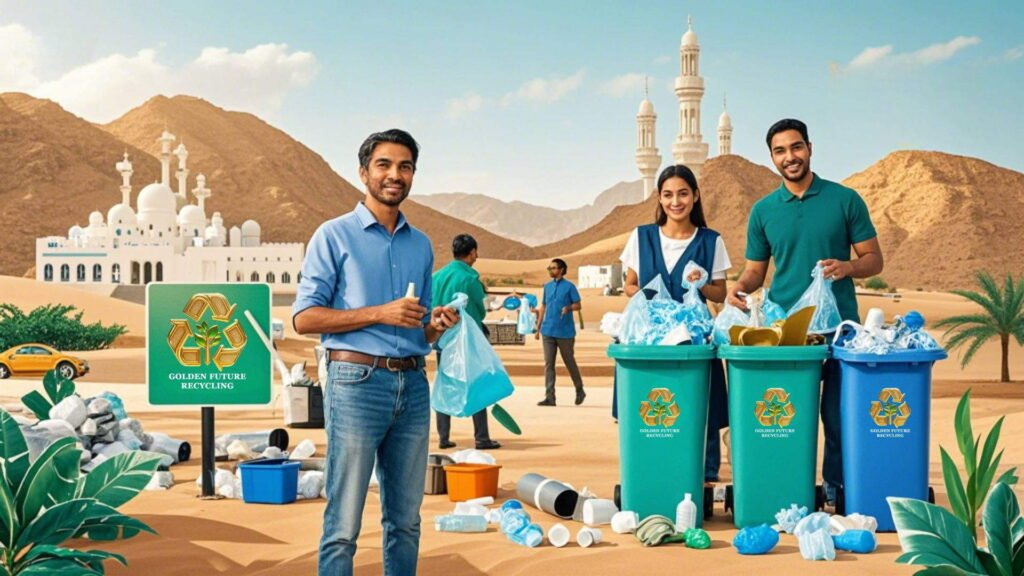
Effective Ways to Minimize Plastic Waste in Oman
1. Avoid Single-Use Plastics
Single-use plastics like straws, bags, and bottles contribute significantly to plastic waste in Oman. Replace them with reusable alternatives such as cloth bags, metal straws, and glass bottles. Carry your own reusable containers for takeout food and beverages.
Practical Steps:
- Use cloth or jute bags for shopping.
- Carry a refillable water bottle instead of buying bottled water.
- Encourage local businesses to adopt reusable packaging.
2. Recycle Your Plastics
Recycling is one of the most effective ways to manage plastic waste. Golden Future Recycling offers recycling services for PET plastics and other materials. Ensure you separate recyclable plastics at home and deliver them to recycling centers.
How to Start Recycling:
- Identify recyclable plastics by checking for recycling symbols.
- Clean and dry plastic items before recycling.
- Locate the nearest recycling bins or facilities in your area.
3. Educate the Community
Raising awareness about the dangers of plastic waste can inspire collective action. Conduct workshops, participate in cleanup drives, and use social media platforms to spread the message. Educational campaigns in schools and workplaces can make a significant impact.
Examples of Awareness Campaigns:
- Organize neighborhood cleanup events.
- Distribute pamphlets and brochures on the importance of recycling.
- Host online webinars to discuss sustainable practices.
4. Support Businesses That Promote Sustainability
Choose businesses that use recycled materials or eco-friendly packaging. By supporting such companies, you encourage the shift towards a circular economy in Oman. Many startups in Oman are now producing eco-friendly alternatives to plastic products.
5. Practice Waste Separation at Home
Separate your waste into categories like plastic, paper, metal, and organic matter. This practice makes recycling easier and more efficient. Teach your family members the importance of proper waste segregation.
Steps to Separate Waste:
- Use separate bins for recyclable and non-recyclable waste.
- Label bins clearly to avoid confusion.
- Compost organic waste to reduce landfill contributions.
6. Advocate for Policies to Reduce Plastic Waste
Support government initiatives and policies aimed at banning or limiting single-use plastics. Encourage local businesses to adopt sustainable practices. Recently, Oman has introduced policies to reduce plastic bag usage, which is a step in the right direction.
7. Participate in Local Cleanup Campaigns
Join cleanup initiatives to remove plastic waste from beaches, parks, and public spaces. These efforts not only beautify the environment but also prevent waste from entering ecosystems.
Notable Cleanup Drives in Oman:
- Coastal cleanup events organized by local NGOs.
- Community-driven park cleaning activities.
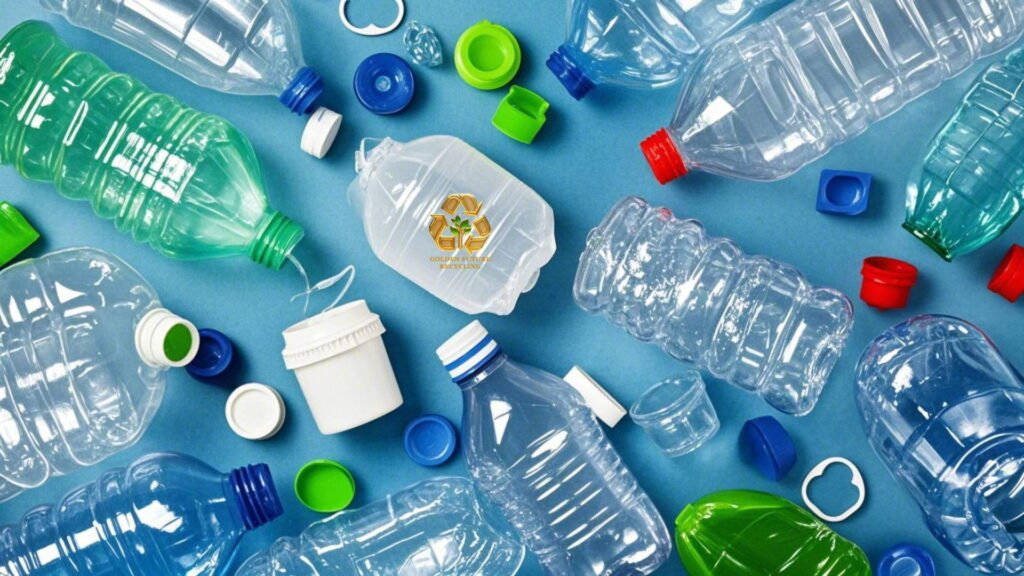
The Role of Recycling Companies in minimize Plastic Waste in Oman
Golden Future Recycling, based in Oman, plays a vital role in combating plastic waste. The company specializes in recycling PET plastics into high-quality hot-wash flakes and granules. By partnering with such organizations, you can ensure that your plastic waste is properly managed and reused.
How Golden Future Recycling Makes a Difference:
- Offers professional recycling services for individuals and businesses.
- Produces high-quality recycled materials that can be reused in manufacturing.
- Educates the public on proper recycling practices.
- Cleaner Environment: Proper waste management results in cleaner cities and natural landscapes.
- Conservation of Resources: Recycling reduces the demand for virgin plastic production.
- Reduced Carbon Footprint: Sustainable practices lower greenhouse gas emissions associated with plastic manufacturing.
- Healthier Ecosystems: Reducing plastic waste protects marine and wildlife habitats.
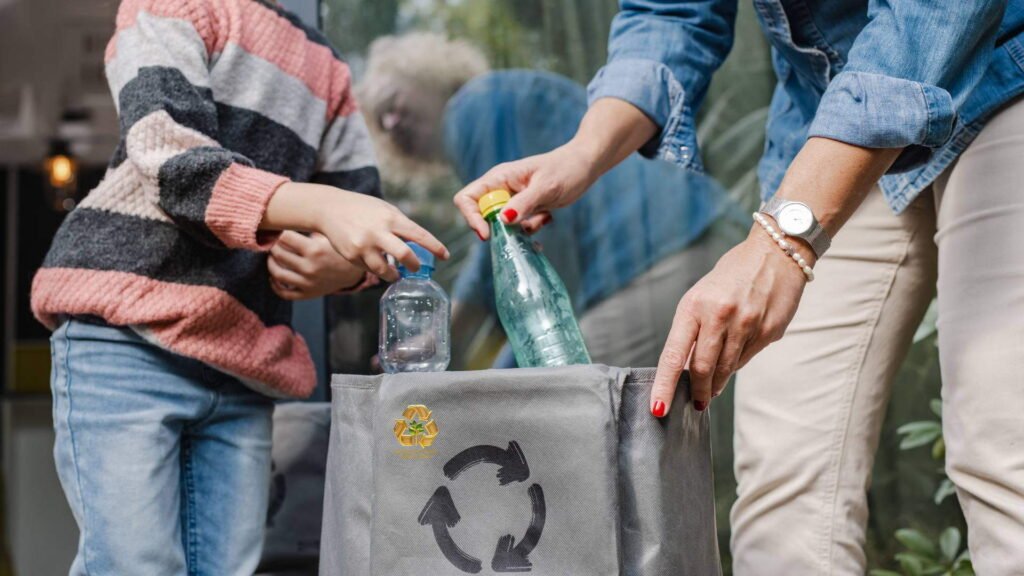
Take Action Today
Reducing plastic waste in Oman requires collective effort from individuals, businesses, and government bodies. By making small changes in our daily lives, we can significantly impact the environment and pave the way for a sustainable future.
What You Can Do Right Now:
- Start by separating your waste at home.
- Avoid single-use plastics whenever possible.
- Support local recycling initiatives and businesses.
- Educate others about the importance of reducing plastic waste.
Reducing plastic waste in Oman starts with you. Take the first step by separating your waste at home and supporting recycling initiatives. Contact Golden Future Recycling for professional assistance and join us in creating a sustainable Oman. Together, we can make a difference!
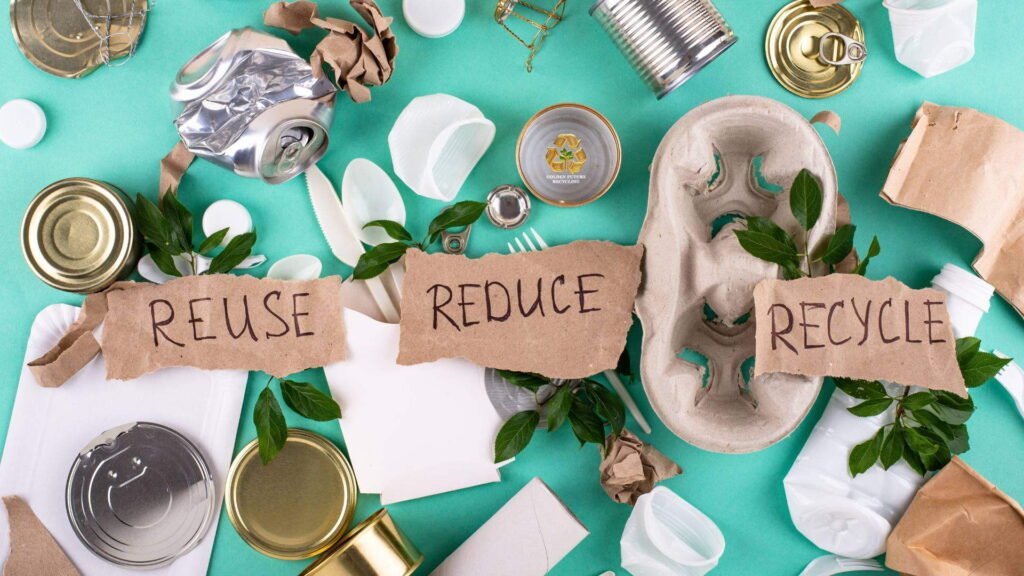
How can I reduce plastic waste at home?
Start by avoiding single-use plastics, practicing waste separation, and recycling regularly. Replace disposable items with reusable alternatives.
What is waste separation, and why is it important?
Waste separation involves categorizing your waste into recyclable and non-recyclable materials. This practice simplifies the recycling process and ensures proper waste management.
How can Golden Future Recycling help with plastic waste?
Golden Future Recycling provides professional recycling services, including the processing of PET plastics into reusable granules. Contact them to learn more about their services.
Are there local initiatives in Oman to reduce plastic waste?
Yes, several initiatives focus on reducing plastic use, including government policies and local cleanup campaigns. You can participate to make a difference.
What are the environmental benefits of recycling plastic?
Recycling plastic reduces pollution, conserves natural resources, and minimizes the carbon footprint associated with plastic production and disposal.
How to contact Golden Future Recycling?
You can contact Golden Future Recycling through the following channels:
- WhatsApp: +968-9011-1076
- Call: +968-9011-1076
- Email: hello@recyclinggoldenfuture.com
- Contact Form
We look forward to hearing from you!
Get in touch now!
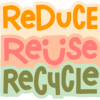
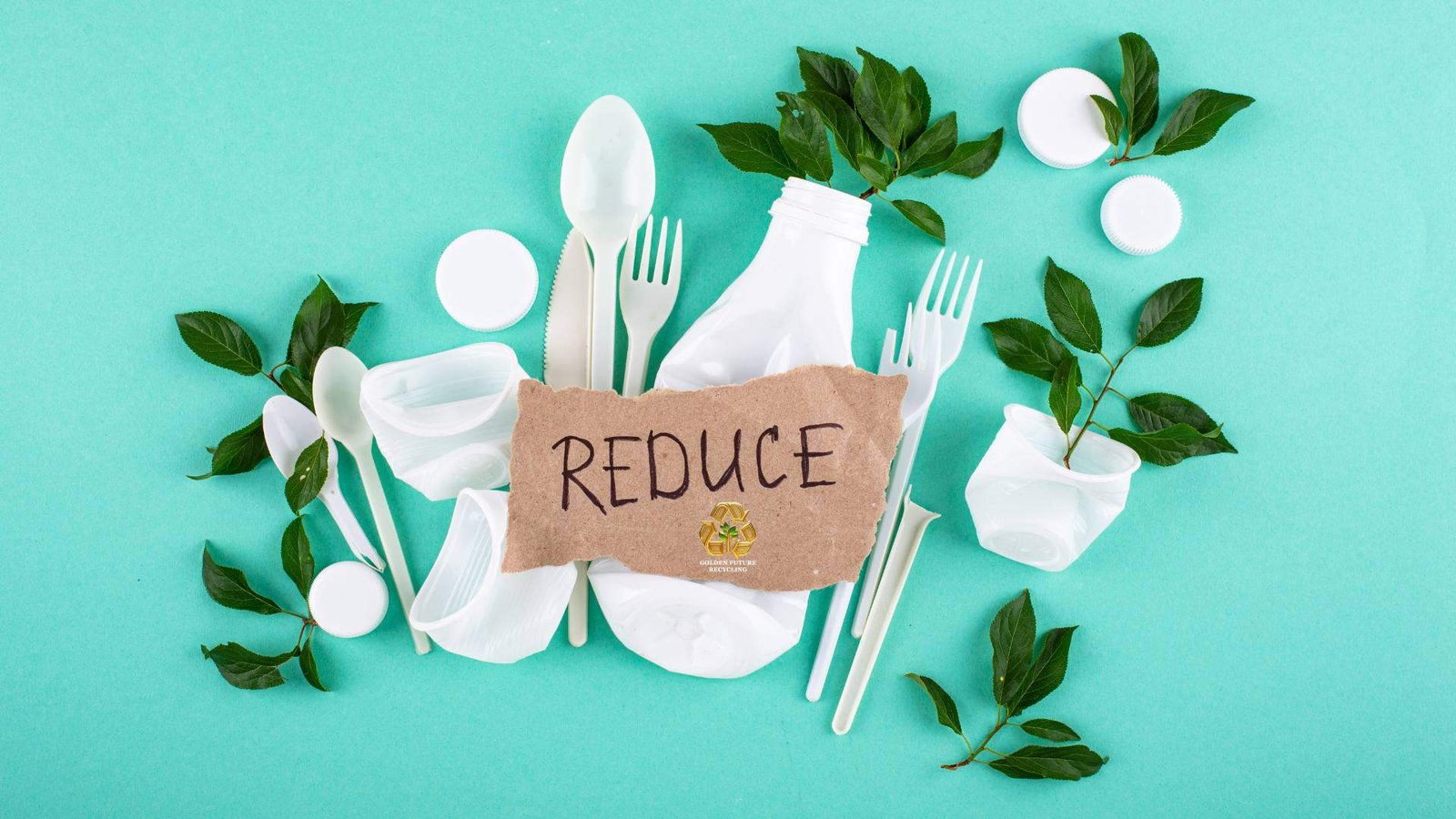
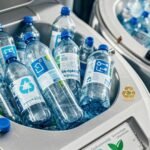


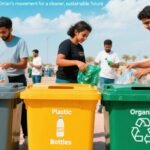
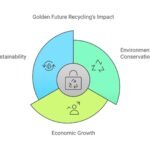

Leave a comment